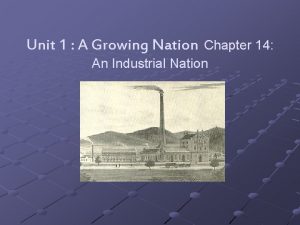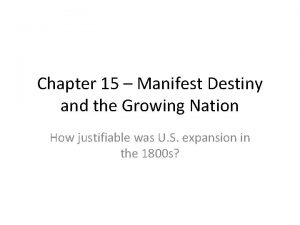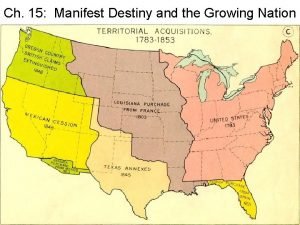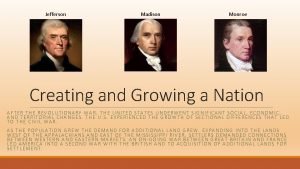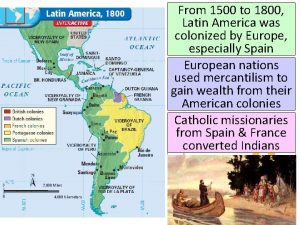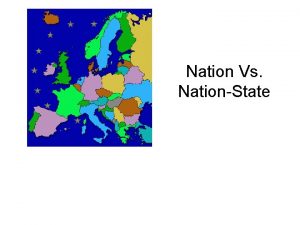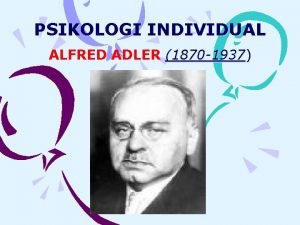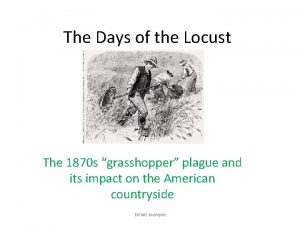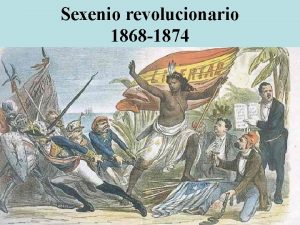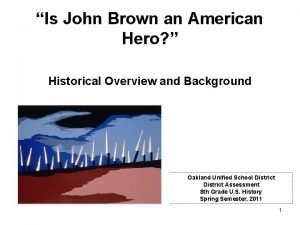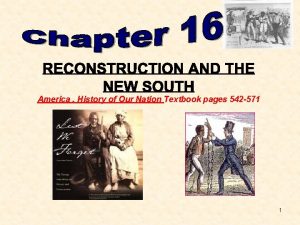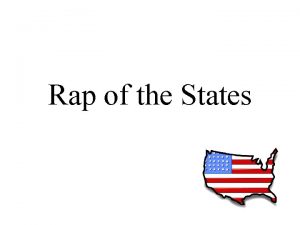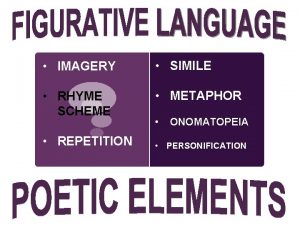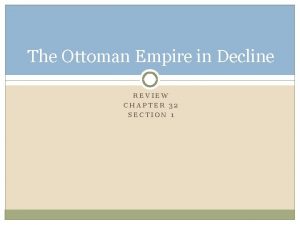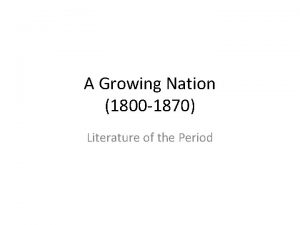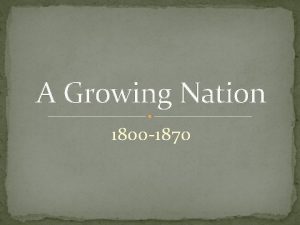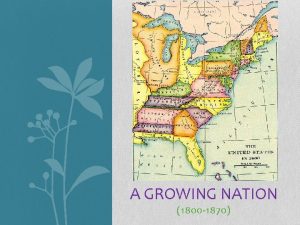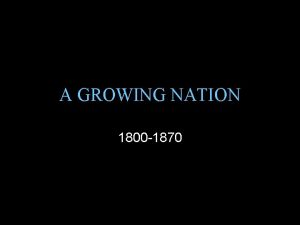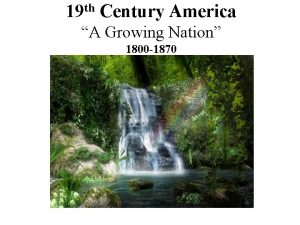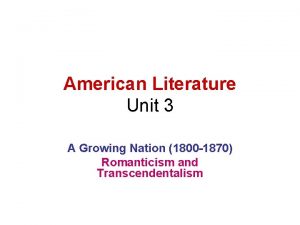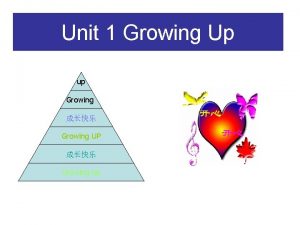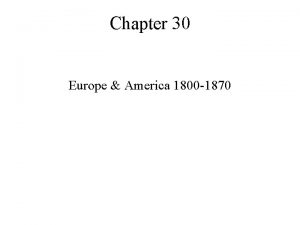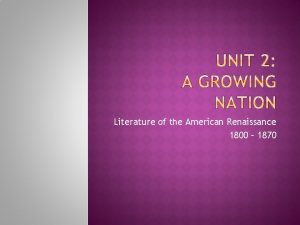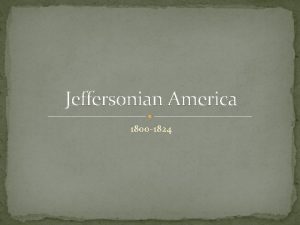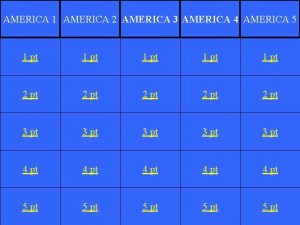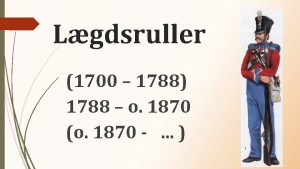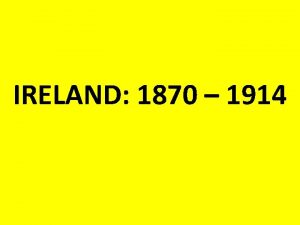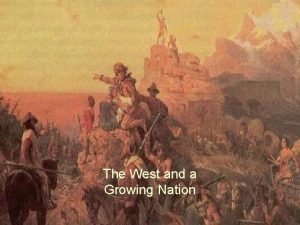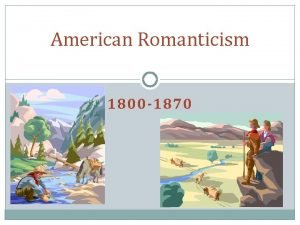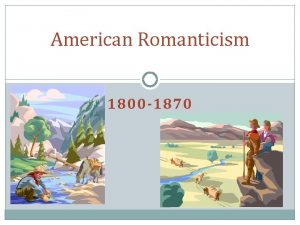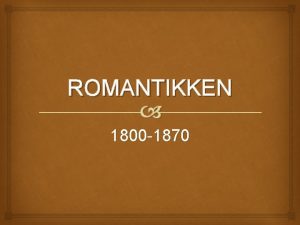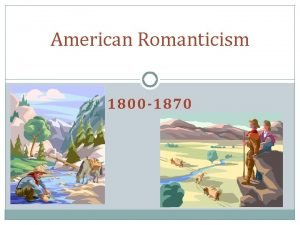Unit 2 A Growing Nation America 1800 1870


































- Slides: 34

Unit 2 A Growing Nation America 1800 -1870

Snapshot of the Period • 1831 French writer Alexis de Tocqueville traveled to America and wrote about American culture • By 1870 industrialism, population growth, economic changes, and the Civil War had all aged the nation’s spirit • Distinctly American writers were produced


Industrialism



Walt Whitman

Henry David Thoreau

Edgar Allan Poe


Ralph Waldo Emerson

Emily Dickinson

Essential Questions • What is the relationship between place and literature? • How does literature shape or reflect society? • What makes American Literature American?

Historical Background The American Renaissance (1800 -1870) • European Renaissance – Rebirth of classical art and learning. Took place in the 14 th, 15 th and 16 th centuries • 1800 America’s capital moved from Philadelphia to Washington D. C. • 1800 Library of Congress established.

Philadelphia

Washington D. C.

Library of Congress


Steam, Steel, and Spirit • 1803 Thomas Jefferson doubled the nations size by signing the Louisiana Purchase • Canals, turnpikes steamboats and railroads multiplied • After California was added the gold rush of 1849 drew thousands of people to CA looking to get rich





• Factories sprang up in the Northeast, new farm tools encouraged aggressive settlement of the new territories • Telegraph made almost instant communication possible across America

The Slow March of Democracy • 1828 President Andrew Jackson ushered in the era of the common man as property rights for voting had been eliminated • Only white men could vote; women and Native Americans could not vote, and most African Americans remained slaves. • Native Americans forced to move west because of the policy of “Indian Removal”

Andrew Jackson



On The World Stag • War or 1812 • 1823 The Monroe Doctrine - warned Europe not to intervene with new Latin American Nations • 1830’s Texas succeeded from Mexico – became a state in 1845 – U. S. goes to war with Mexico and wins, adds more territory to the nation, including california.



Winds of Change • America becomes divided because of slavery • Abolitionists argued that slavery was morally wrong • Advocates of states’ rights argued that the issue of slavery was not a federal issue • Conflict over states’ rights eventually led to the war between the states

Next Time… The American Renaissance • What is the relationship between place and literature?

Exit Slip • This period has three major historical developments: – Physical expansion and technological progress lay the foundation for an american cultural flowering. – Democracy advanced, although women, Native Americans, and African Americans did not fully share in it. – The conflict over Slavery eventually led to a civil war • Come up with a short news paper headline for each of these developments
 Unit 2 resources a growing nation
Unit 2 resources a growing nation Week 22 growing pains for the new nation
Week 22 growing pains for the new nation Chapter 15 manifest destiny and the growing nation
Chapter 15 manifest destiny and the growing nation Facts about manifest destiny
Facts about manifest destiny Growing a nation
Growing a nation Growing pains for the new nation
Growing pains for the new nation Latin america 1500 to 1800
Latin america 1500 to 1800 Nation state vs nation
Nation state vs nation Nation state vs nation
Nation state vs nation Nation vs state
Nation vs state Fastest growing sport in usa
Fastest growing sport in usa Fictional finalism bersifat
Fictional finalism bersifat Mario montessori alessandro montessori
Mario montessori alessandro montessori Eugene paton was born in 1870
Eugene paton was born in 1870 Frise chronologique 1815 à 1870
Frise chronologique 1815 à 1870 Frise chronologique de 1815 à 1870
Frise chronologique de 1815 à 1870 1870 locust plague
1870 locust plague 1870
1870 Over land by rail’, gustave dore, 1870
Over land by rail’, gustave dore, 1870 Rey de españa entre 1870 y 1873
Rey de españa entre 1870 y 1873 Strengths and weaknesses of the forster act 1870
Strengths and weaknesses of the forster act 1870 Capital of kansas
Capital of kansas America history of our nation textbook
America history of our nation textbook Unit 1 growing up
Unit 1 growing up Rap of the states
Rap of the states Europe vs asia
Europe vs asia Repetition in let america be america again
Repetition in let america be america again Why is it called latin america
Why is it called latin america Happening body art
Happening body art Unit 10, unit 10 review tests, unit 10 general test
Unit 10, unit 10 review tests, unit 10 general test Map of ottoman empire 1800
Map of ottoman empire 1800 1800 classical music
1800 classical music Grade pay 1800 means
Grade pay 1800 means Nationalism 1800-talet
Nationalism 1800-talet British empire in 1939
British empire in 1939
